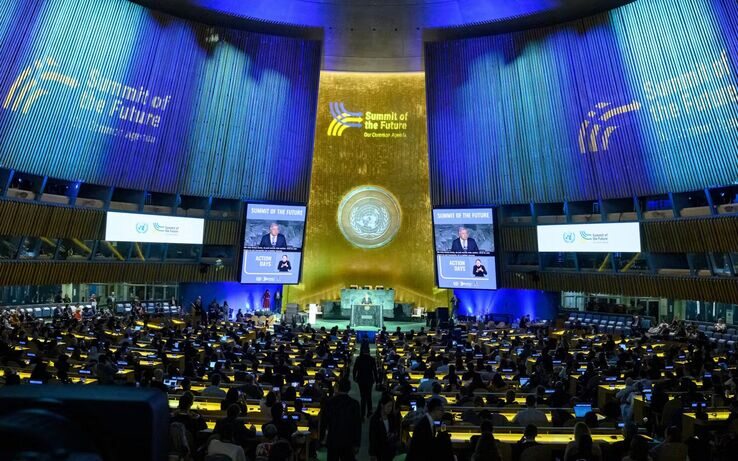By Dr. Grace Githaiga
I was recently invited to provide my reflections on multistakeholderism in a meeting that adopted chatham house rules. Since I am not quoting anyone or indicating where this meeting took place, I can freely share my reflections here:
On September 22, 2024, world leaders met in New York for the Summit of the Future, where they signed the Pact for the Future, which included a Global Digital Compact (GDC).
The GDC emphasises multistakeholder collaboration as critical to ensuring an inclusive and equitable digital future. This framework seeks to improve global digital cooperation by recognising the roles of many stakeholders, including governments, civil society, and the corporate sector, in tackling issues like digital disparities and human rights breaches.
However, the negotiation process has been criticised for a lack of stakeholder engagement, notably from non-governmental organisations, raising doubts about multistakeholderism’s effectiveness in practice.
While the GDC expresses commitments to collaborative governance and seeks to leverage diverse expertise, its reliance on state-centric negotiations has led to calls for more meaningful participation from all stakeholders to truly embody the spirit of multistakeholderism and ensure comprehensive implementation of its objectives.
The multistakeholder model in internet and digital governance is widely seen as a more inclusive approach, allowing voices from industry stakeholders to engage. However, the idea of “meaningful participation” is still being disputed, with questions raised about engagement criteria and how input is incorporated into decision-making processes.
Some stakeholders, notably governments, may continue to see certain groups as more essential, resulting in an imbalance of authority and influence.
Training and capacity building are critical for ensuring that stakeholders can effectively connect with international organisations, but difficulties such as resource constraints and representative selection must be addressed.
Despite its inclusion, the multistakeholder approach has been chastised for its lengthy decision-making process and the absence of a feedback system for reflecting on prior experiences and holding important actors accountable. Stakeholdes from the developing nations frequently feel marginalised as a result of power asymmetries, with huge tech businesses and governments wielding disproportionate influence. This has led to their under-representation therefore being seen to reduce the diversity of opinions inside the governing framework.
The power, capacity, and resource divide between the Global North and South is enormous, and it must be addressed in order to achieve a more equal governance model.
![]()




